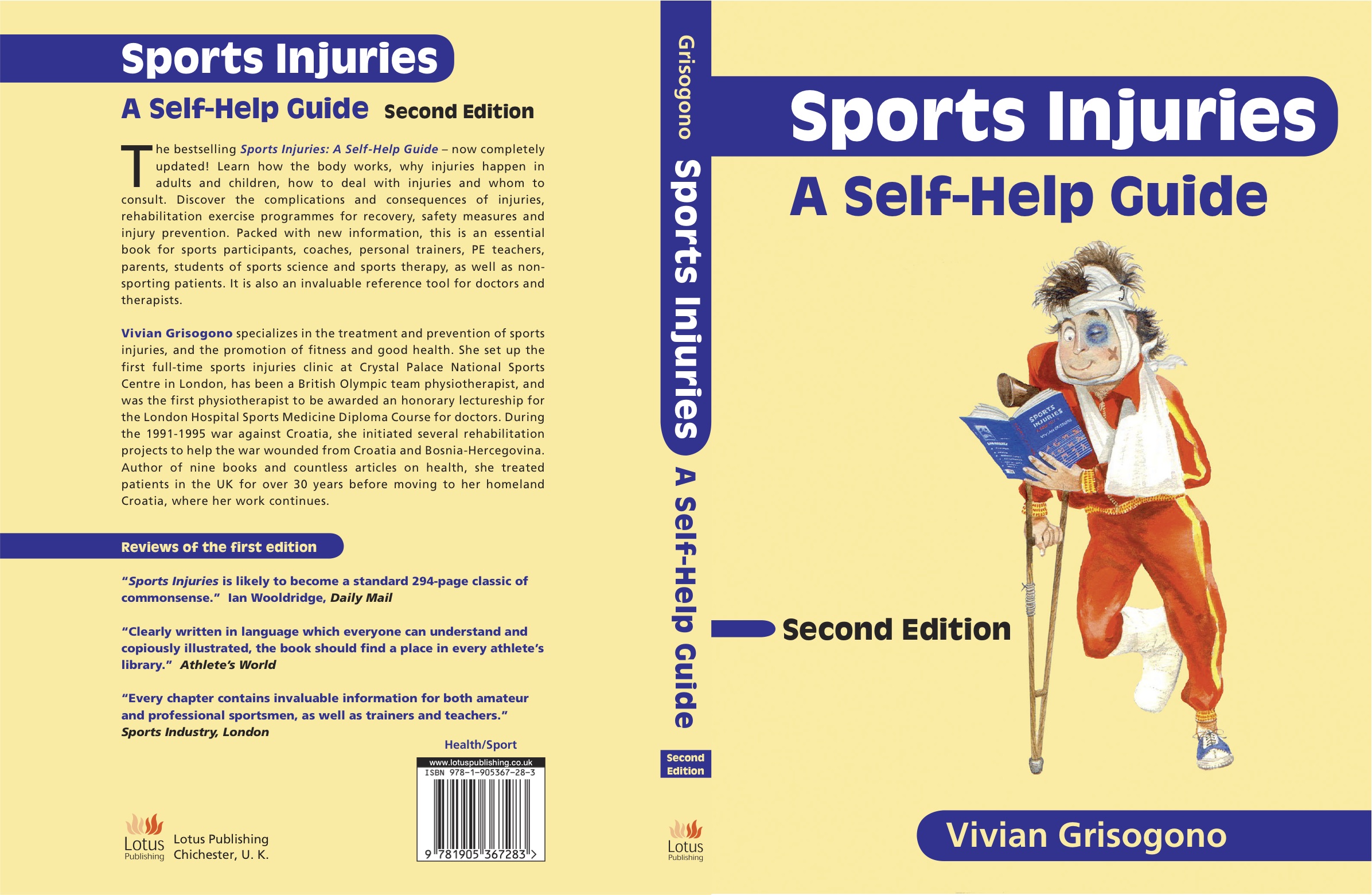Sports are for fun and health. However, many sports carry risks of different kinds. Some are short-term dangers, but others can have an effect much later on. This section contains tips for problem prevention.
General risks in sports:
* Overplaying
* Overtraining, overdoing physical activities
* Lack of overall fitness
* Poor body balance
* Inefficient technique
* Inadequate or inappropriate equipment, clothing or shoes
* Failure to use appropriate protection, such as shin guards in football, mouthguards for high-risk contact sports like hockey, rugby, and boxing, knee and elbow padding for sports like skateboarding, and helmets for sports like American football and cycling.
* Playing in a dangerous environment (slippery court, icy or rutted terrain, protrusions from surrounding walls or fencing)
* Inadequate diet or intake of plain water
* Playing despite illness or injury
* Failure to recover fully from previous illness or injury before re-starting sport
* Playing despite excessive fatigue and stress
General guidelines for injury prevention:
* Get fit for your sport, don’t try to use your sport for fitness training
* Do protective general flexibility and strengthening exercises for body balance
* Build up your non-dominant side through exercises or simulated skill practice if your sport is heavily one-sided, like fencing, racket sports and archery
* Choose equipment appropriate to your skill and physical levels
* Wear suitable clothing for your sport
* Choose appropriate, well-fitting shoes
* Use protective equipment, clothing and guards
* Hone your technique according to your individual capacities
* Avoid over-playing and over-training
* Allow rest days within your physical exercise programme
* Do not do physical exercise if you have a raised temperature or early-morning pulse rate and feel unwell
* Do not do physical exercise if you are taking antibiotics for any reason
* If you are injured, avoid any physical activity which causes or increases your pain and other symptoms
* Always recover fully from any illness or injury before exercising again
* Build up your physical activities in gradual easy stages
* Avoid doing repetitive training on consecutive days, at least at first
General risks in sports:
* Overplaying
* Overtraining, overdoing physical activities
* Lack of overall fitness
* Poor body balance
* Inefficient technique
* Inadequate or inappropriate equipment, clothing or shoes
* Failure to use appropriate protection, such as shin guards in football, mouthguards for high-risk contact sports like hockey, rugby, and boxing, knee and elbow padding for sports like skateboarding, and helmets for sports like American football and cycling.
* Playing in a dangerous environment (slippery court, icy or rutted terrain, protrusions from surrounding walls or fencing)
* Inadequate diet or intake of plain water
* Playing despite illness or injury
* Failure to recover fully from previous illness or injury before re-starting sport
* Playing despite excessive fatigue and stress
General guidelines for injury prevention:
* Get fit for your sport, don’t try to use your sport for fitness training
* Do protective general flexibility and strengthening exercises for body balance
* Build up your non-dominant side through exercises or simulated skill practice if your sport is heavily one-sided, like fencing, racket sports and archery
* Choose equipment appropriate to your skill and physical levels
* Wear suitable clothing for your sport
* Choose appropriate, well-fitting shoes
* Use protective equipment, clothing and guards
* Hone your technique according to your individual capacities
* Avoid over-playing and over-training
* Allow rest days within your physical exercise programme
* Do not do physical exercise if you have a raised temperature or early-morning pulse rate and feel unwell
* Do not do physical exercise if you are taking antibiotics for any reason
* If you are injured, avoid any physical activity which causes or increases your pain and other symptoms
* Always recover fully from any illness or injury before exercising again
* Build up your physical activities in gradual easy stages
* Avoid doing repetitive training on consecutive days, at least at first


